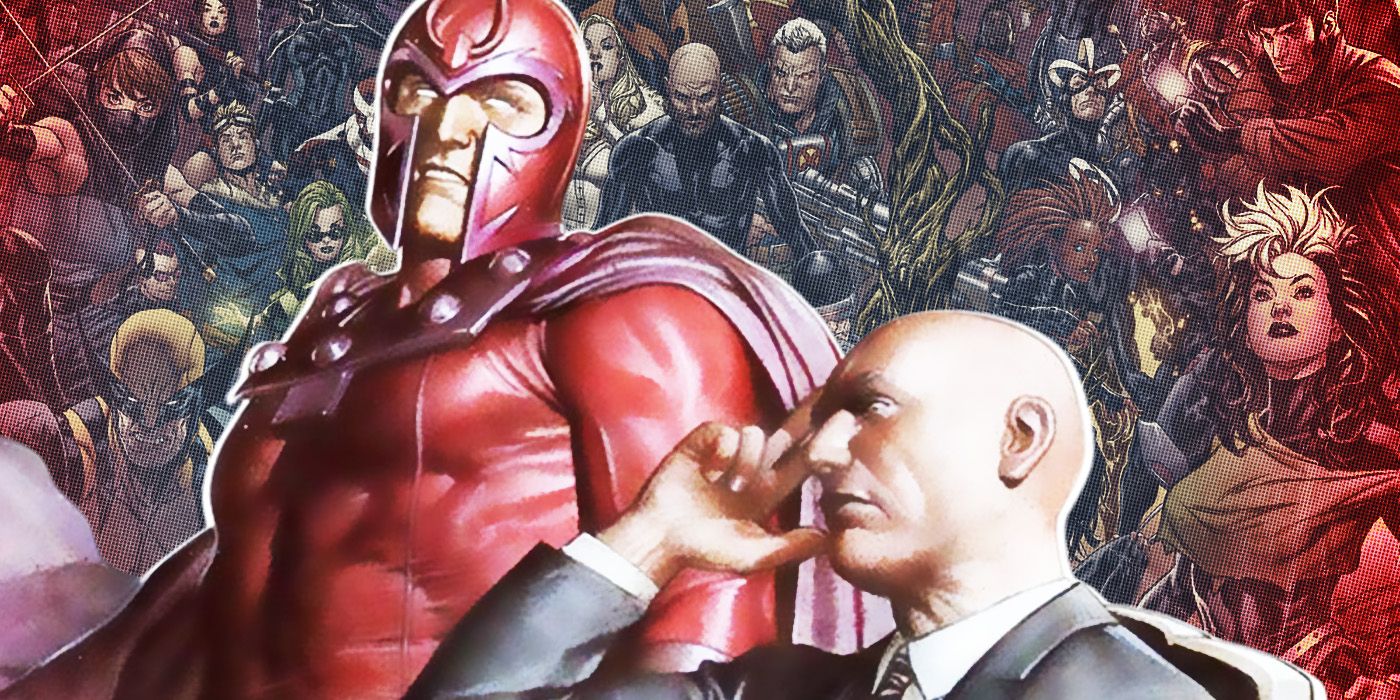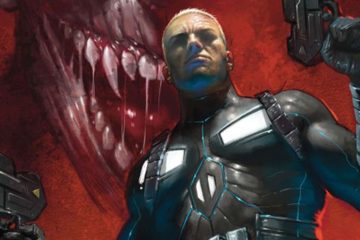The X-Men have a long and illustrious history at Marvel Comics. Their comics included the bestselling issues of all time. Before the Marvel Cinematic Universe (MCU) engraved itself in the public consciousness, the X-Men were Marvel’s A-listers. The X-Men kept Marvel going through some dark times, and it can be argued that the X-Men were Marvel’s most important concept. This wasn’t just because they were a guaranteed sales juggernaut, but because their role as a civil rights allegory made them more thematically important than any other group of superheroes. The Avengers were popular, but compared to the X-Men, their exploits and adventures felt less significant to current culture.The X-Men stand for something very important. Generations of people affected by racism and prejudice can look to the X-Men and see something of themselves. However, as great as it is that the X-Men are so thematically resonant, looking at their history reveals that they were actually an incomplete civil rights allegory, especially when looking at things through a modern lens. Part of this stems from the time when the X-Men were created, and how people viewed civil rights back then.Prof. Charles Xavier’s dream was for Mutants to live in harmony with humans, like the world envisioned in Martin Luther King Jr.’s historic “I Have a Dream” speech from 1963. However, Xavier didn’t plan on fulfilling his dream by fighting the racist power structure that held Mutants down. Rather, Xavier’s X-Men were going to defend the people who hated them. They fought to keep humans safe, often from other Mutants like Magneto’s extremist faction, the Brotherhood of Mutants. At some point, humanity was supposed to stop hating Mutants and just give them rights. To put it in the simplest terms, the X-Men were meant to serve humans in every way, except when it was their own lives and futures that were on the line. Case in point, when Bolivar Trask first created the Sentinels in The X-Men #14. Despite Trask’s actions and the dangers that the Sentinels posed, the X-Men still fought on humanity’s behalf. Barring that sort of guaranteed genocide, the X-Men were to do whatever they could to save the people who hated them.
The X-Men have a long and illustrious history at Marvel Comics. Their comics included the bestselling issues of all time. Before the Marvel Cinematic Universe (MCU) engraved itself in the public consciousness, the X-Men were Marvel’s A-listers. The X-Men kept Marvel going through some dark times, and it can be argued that the X-Men were Marvel’s most important concept. This wasn’t just because they were a guaranteed sales juggernaut, but because their role as a civil rights allegory made them more thematically important than any other group of superheroes. The Avengers were popular, but compared to the X-Men, their exploits and adventures felt less significant to current culture.
The X-Men stand for something very important. Generations of people affected by racism and prejudice can look to the X-Men and see something of themselves. However, as great as it is that the X-Men are so thematically resonant, looking at their history reveals that they were actually an incomplete civil rights allegory, especially when looking at things through a modern lens. Part of this stems from the time when the X-Men were created, and how people viewed civil rights back then.
Prof. Charles Xavier’s dream was for Mutants to live in harmony with humans, like the world envisioned in Martin Luther King Jr.’s historic “I Have a Dream” speech from 1963. However, Xavier didn’t plan on fulfilling his dream by fighting the racist power structure that held Mutants down. Rather, Xavier’s X-Men were going to defend the people who hated them. They fought to keep humans safe, often from other Mutants like Magneto’s extremist faction, the Brotherhood of Mutants. At some point, humanity was supposed to stop hating Mutants and just give them rights. To put it in the simplest terms, the X-Men were meant to serve humans in every way, except when it was their own lives and futures that were on the line. Case in point, when Bolivar Trask first created the Sentinels in The X-Men #14. Despite Trask’s actions and the dangers that the Sentinels posed, the X-Men still fought on humanity’s behalf. Barring that sort of guaranteed genocide, the X-Men were to do whatever they could to save the people who hated them.
#XMen #Flawed #Civil #Rights #Allegory
Note:- (Not all news on the site expresses the point of view of the site, but we transmit this news automatically and translate it through programmatic technology on the site and not from a human editor. The content is auto-generated from a syndicated feed.))



